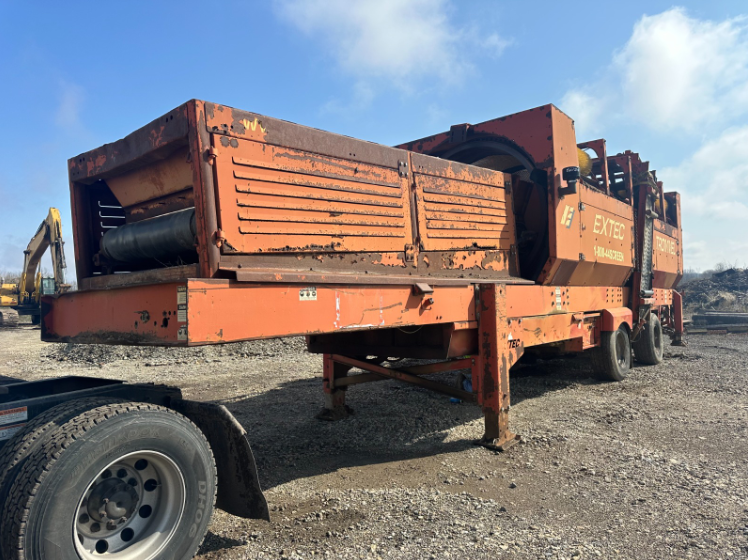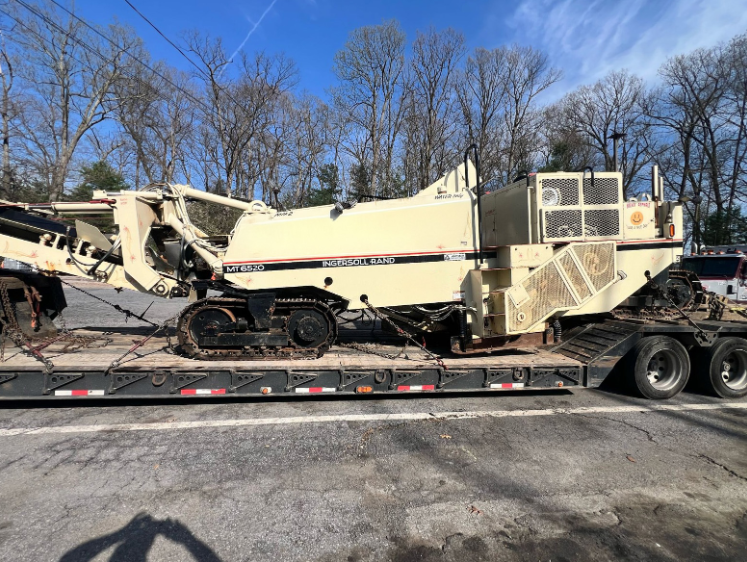When prospecting as a freight broker, it’s inevitable that you will run into objections along the way. A good broker can understand what the objections really mean and respond appropriately to the prospect to keep the conversation progressing in the right direction. Let’s take a brief look at what objections are and how to overcome them.
What are objections?
An objection is a complaint or negative response from a client during an interaction with a salesperson or business owner. They can be explicit, like “no, thanks” or “I don’t have time for this right now”, or implicit, like not responding when contacted by someone trying to sell something. Also, when the customer is giving short answers when asked questions about something they might be interested in buying.
The simple answer is that objections are an opportunity for you to understand more about why your prospect might not be interested in working with you. A good broker can understand what the objections really mean and respond appropriately to the prospect to keep the conversation progressing in the right direction.
Get ahead of objections
When this happens, it is important to recognize that there is still an opportunity to close this deal if handled correctly by responding with empathy and understanding of why they have said no. You can then re-approach them with an alternate solution that fits their needs better, such as offering other options or different terms of delivery.
It’s no secret that the more prospecting you do, the more objections you’ll hear. But if you can start to incorporate overcoming those objections before they’re brought up, it will save you a lot of time and build a high level of trust with your prospects.
So if you can start incorporating overcoming portions before the objection being brought up, you’ll save yourself a lot of time and build a high level of trust with the prospects.
It might sound like this: let’s say, for example, you expect the price objection to come up on a call. Price and service have a correlation together, cheaper trucks tend to result in lower service levels.
So if you’re talking about price, talk about why it’s important that your carrier network is reliable instead of just cheap. You can tell a success story about another one of your customers or even a colleague’s customer if you are still building your book of business. Talk about the carrier vetting that you do and how it results in high service levels for your clients. You don’t intend to find the cheapest truck simply; instead you intend to find the best truck for their situation, which won’t be necessarily cheap but will be reasonable and reliable.
When faced with an objection, it’s significant to remember that there are no bad questions when it comes to learning about your customer’s needs and desires. You should always take time to listen carefully, ask follow-up questions where appropriate, and treat each customer with respect as if they were a close friend who was sharing their honest thoughts with you.
As a freight broker, you’re going to face a lot of objections. It’s part of the game, but if you can get past them, there’s a lot of money to be made!
Also if you like to work with experts you can always count on STT Logistics Group. Contact us anytime.








